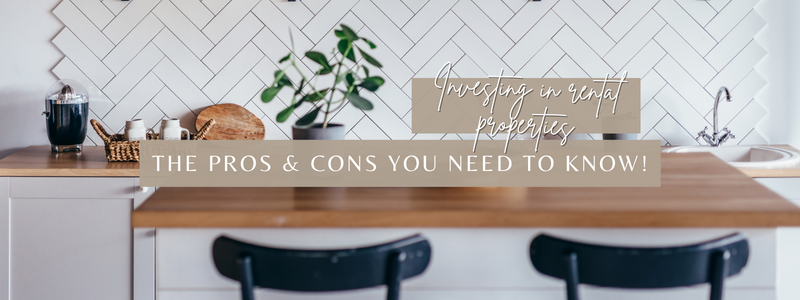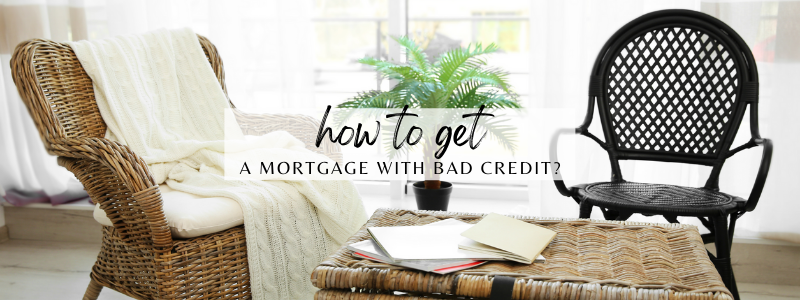
Hey there, home buyers! If you’re in the market for a new home,
you’ve probably realized that financing can be a bit
overwhelming. There are so many options out there, from
traditional mortgages to government-backed loans to alternative
financing. So, let’s take a closer look at some of the most
popular financing options and find the one that’s right for you!
1. Traditional Mortgages: Let’s start with the most common
financing option – the traditional mortgage. With a traditional
mortgage, you’ll put down a certain amount of money as a
down payment, and then make monthly payments over a
set period of time. These loans can have fixed or adjustable
interest rates, and the terms can range from 10 to 30 years.
2. FHA Loans: If you’re a first-time home buyer or have a
lower credit score, an FHA loan might be a good option for
you. These loans are backed by the Federal Housing
Administration and often have lower down payment
requirements and more flexible credit score requirements.
3. VA Loans: If you’re a veteran or active-duty service
member, you may qualify for a VA loan. These loans are
backed by the Department of Veterans Affairs and often
have lower interest rates and no down payment
requirements.
4. USDA Loans: If you’re looking to buy a home in a rural area,
a USDA loan might be a good fit. These loans are backed by
the U.S. Department of Agriculture and often have low
interest rates and no down payment requirements.
5. Alternative Financing: If none of the traditional options
work for you, there are a variety of alternative financing
options out there, including private lenders, crowdfunding,
and even seller financing. Just be sure to do your research
and understand the risks involved with these options.



